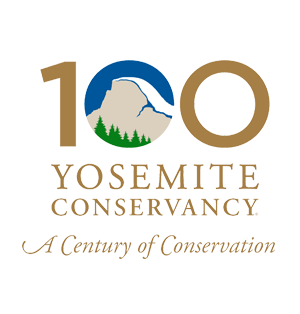*This is a 2024 archived project, view this year’s projects here.
Project overview: Continue research on one of Yosemite’s rarest mammals, which is at risk of extinction. Identify potential Yosemite habitat havens for the endangered population of Pacific fishers in the southern Sierra Nevada, where major wildfires and climate change are leading to severe habitat loss.
How your support helps: Pacific fishers — small, forest-dwelling mammals in the weasel family — face a major threat on the West Coast: habitat loss, driven largely by wildfires. The isolated population of fishers in the southern Sierra Nevada, which scientists estimate at fewer than 300 adults, was designated as federally endangered in May 2020. Past Conservancy-funded research in the 1990s and 2000s detected as many as eight fishers in southern Yosemite.
As massive fires, such as the 2020 Creek Fire, destroy tens of thousands of acres of fisher habitat, scientists are racing to find out how the rare mammals are responding to the disruption — and how research and land management can help protect the species.
This year: With your support, researchers have been using remote cameras, GPS collars, and other tools to study how fishers move in and around recently burned areas in the southern Sierra Nevada, as well as how many of the mammals live in the northern part of their currently known range. This year, scientists will build on the wealth of information about fisher use of valuable sites, such as den trees, protective corridors, and foraging patches, which may be shrinking or lost altogether due to wildfires and drought. This fisher study not only protects fishers in the short-term, but also contributes data toward innovative fire management strategies that balance forest stand resiliency, habitat protection measures, and Endangered Species Act compliance.
Project partners: Yosemite National Park, California Department of Fish & Wildlife, Integral Ecology Research Center, Sequoia & Kings Canyon National Parks, U.S. Fish & Wildlife Service, and U.S. Forest Service

